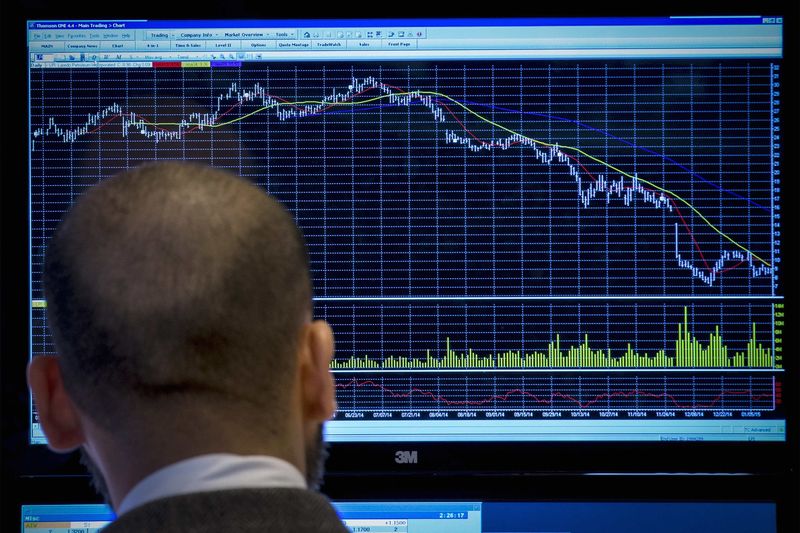© Reuters.
The European Central Bank (ECB) last week hinted at the end of its interest rate hike cycle, signalling a potential pause that could provide relief to consumers and businesses. The ECB has raised the key interest rate to 4% for the tenth time in 14 months, in an effort to combat inflation.
This move came after a series of interest rate hikes aimed at curbing inflation, which began soaring following the start of the conflict between Russia and Ukraine last year. The conflict led to an imbalance in global petroleum and supplies, causing inflation in the eurozone to reach a record high of 10.6% in October of last year.
Despite this, inflation levels have risen in just one of the ten months since then, with the rate in August being less than half the peak rate at 5.3%. The ECB, however, remained vigilant in steadily pushing up interest rates as a way of drying up the money supply.
According to a statement from the ECB, “Based on its current assessment, the governing council considers that the key ECB interest rates have reached levels that, if maintained for a sufficiently long duration, will make a substantial contribution to the timely return of inflation to the target.”
This announcement sent stocks higher across Europe, despite the latest rate hike. Among the continent’s main stock exchanges, Frankfurt’s blue chip index gained 1.2%, Madrid’s index went up by 1.3%, while indexes in Amsterdam, Milan, and Paris all rose by 1.4%. The broad Europe index rose by 1.6%.
The London Stock Exchange’s blue chip index saw the biggest gains with an increase of 2.0%, even though it is not part of the euro currency zone.
In other global banking news this week, it is expected that both the Federal Reserve and the Bank of England will make their moves. The Federal Reserve is expected to leave its key interest rate within a 5.25% to 5.5% range on Wednesday, with Goldman Sachs strategists predicting that the US central bank will not raise interest rates at its October 31-to-November 1 meeting.
Meanwhile, the Bank of England is expected to raise its interest rate to 5.5% this week, which could further impact borrowers, particularly homeowners who are already dealing with a cost-of-living crisis.
The ECB’s announcement also impacted the euro, which lost ground to the U.S. dollar and other currencies, as lower interest rates in the euro zone reduce the currency’s attractiveness to some investors. By the end of the trading day, the euro had lost 0.5% of its value against the U.S. dollar compared to the end of trading Wednesday.
It should be noted that while indicating that interest rates may be high enough, the ECB did not definitively state that last week’s rate would be its last. In its statement, the bank said that decisions on rates would depend on how inflation reacts in the coming months. “The Governing Council’s future decisions will ensure that the key ECB interest rates will be set at sufficiently restrictive levels for as long as necessary,” it stated.
In its projections for the eurozone, the ECB said its full-year inflation projections are for 5.6%, up from its previous forecast of 5.4%. For 2024, it is predicting average inflation of 3.2%, compared to its previous prediction of 3.0%. The ECB’s long-term target for monthly inflation is 2.0%.
This article was generated with the support of AI and reviewed by an editor. For more information see our T&C.
Read the full article here













